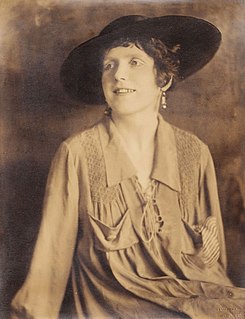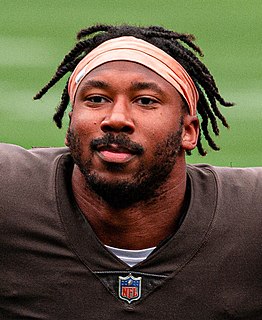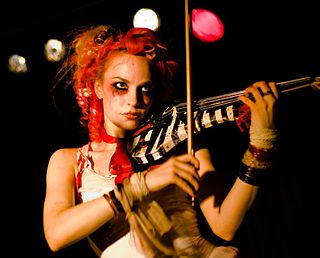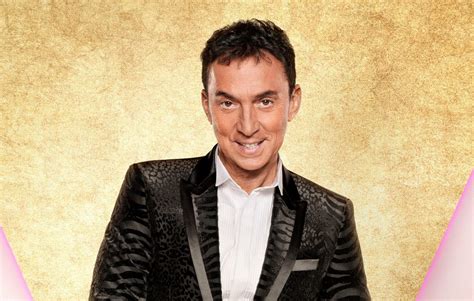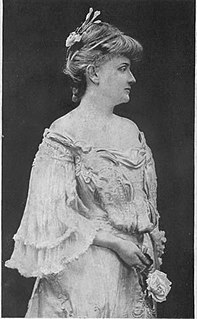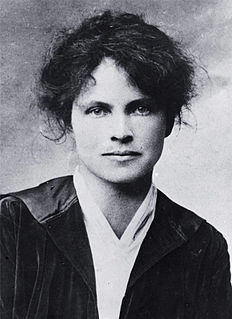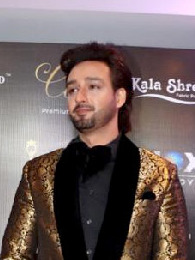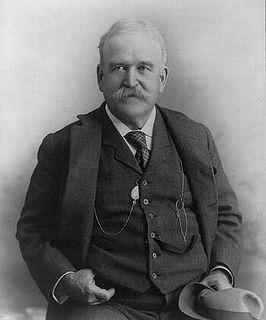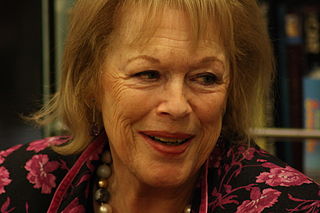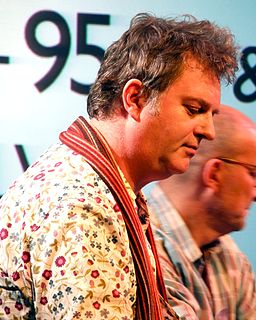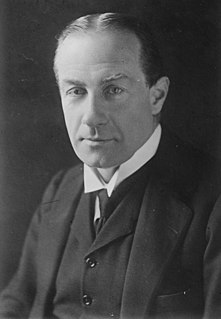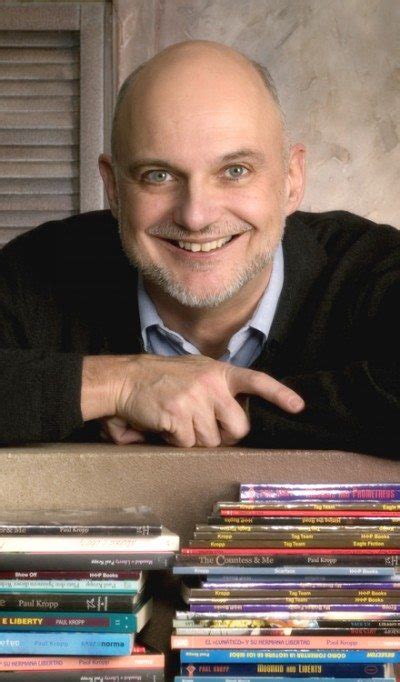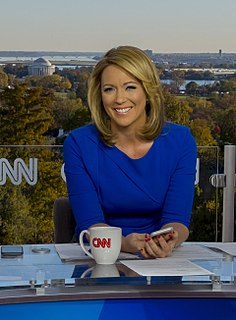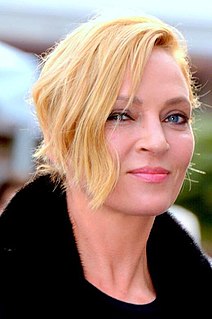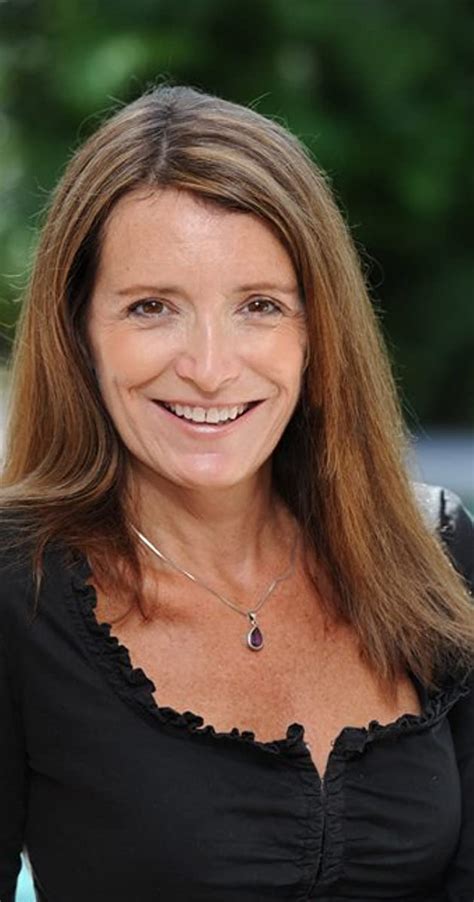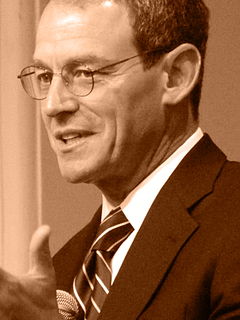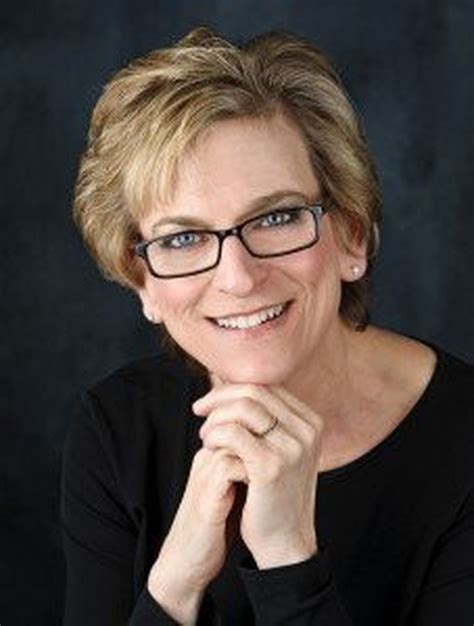Top 1200 Reading History Quotes & Sayings - Page 2
Explore popular Reading History quotes.
Last updated on April 17, 2025.
Reading with an eye towards metaphor allows us to become the person we’re reading about, while reading about them. That’s why there is symbols in books and why your English teacher deserves your attention. Ultimately, it doesn’t matter if the author intended the symbol to be there because the job of reading is not to understand the author’s intent. The job of reading is to use stories as a way into seeing other people as a we ourselves.
There is a strong conservative instinct in the average man or woman, born of the hereditary fear of life, that prompts them to cling to old standards, or, if too intelligent to look inhospitably upon progress, to move very slowly. Both types are the brakes and wheelhorses necessary to a stable civilization, but history, even current history in the newspapers, would be dull reading if there were no adventurous spirits willing to do battle for new ideas.
This comes from Mike Gonzalez at the Daily Signal: [ Howard] Zinn's history "set the stage for the grievance mongering that passes for history classes today, and is still widely used. It has sold over 2 million copies since it was first published in 1980 and continues to sell over 100,000 copies a year because it is required reading at many of our high schools and colleges. That's a lot of young minds."
Reading changes your life. Reading unlocks worlds unknown or forgotten, taking travelers around the world and through time. Reading helps you escape the confines of school and pursue your own education. Through characters - the saints and the sinners, real or imagined - reading shows you how to be a better human being.
I don’t know much about history, and I wouldn’t give a nickel for all the history in the world. It means nothing to me. History is more or less bunk. It's tradition. We don't want tradition. We want to live in the present and the only history that is worth a tinker's damn is the history we make today.
If, in schools, we keep teaching that history is divided into American history and Chinese history and Russian history and Australian history, we're teaching kids that they are divided into tribes. And we're failing to teach them that we also, as human beings, share problems that we need to work together with.
History is a living horse laughing at a wooden horse. History is a wind blowing where it listeth. History is no sure thing to bet on. History is a box of tricks with a lost key. History is a labyrinth of doors with sliding panels, a book of ciphers with the code in a cave of the Saragossa sea. History says, if it pleases, Excuse me, I beg your pardon, it will never happen again if I can help it.
What do teachers and curriculum directors mean by 'value' reading? A look at the practice of most schools suggests that when a school 'values' reading what it really means is that the school intensely focuses on raising state-mandated reading test scores- the kind of reading our students will rarely, if ever, do in adulthood.



